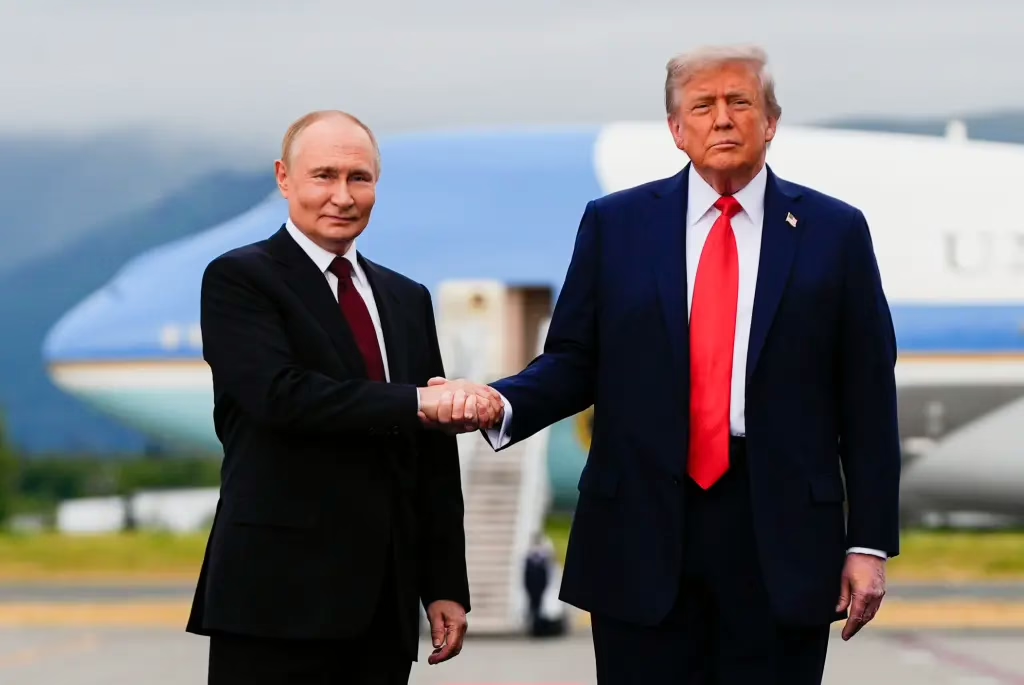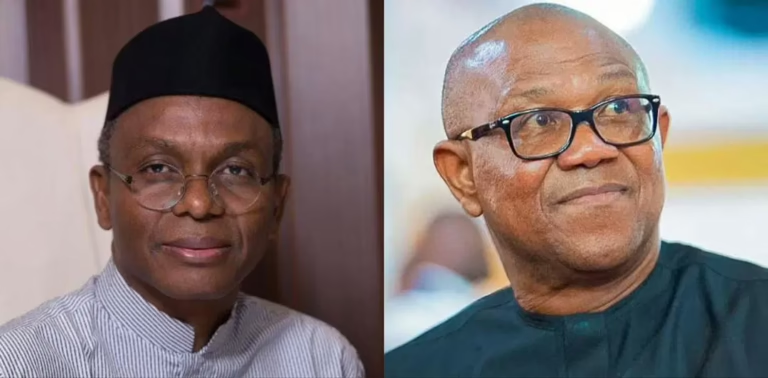Nasir El-Rufai Clarifies Role in ADC-Led Opposition Alliance Ahead of 2027 Elections
Nasir El-Rufai, the former governor of Kaduna State, has addressed uncertainties surrounding his affiliation within the African Democratic Congress (ADC)-led opposition coalition. He emphasized that his party membership is a secondary concern compared to the strategic alliance being forged for Nigeria’s 2027 general elections.
Temporary Party Affiliations to Support Strategic Goals
In a recent interview on Channels Television’s Sunday Politics, El-Rufai revealed that both he and Peter Obi of the Labour Party have been permitted to maintain their existing party memberships temporarily. This arrangement is designed to accommodate upcoming pivotal state elections scheduled for later this year.
“At the inception of the ADC as the opposition front for 2027, allowances were made for Peter Obi and myself to stay within our original parties until key elections conclude. Therefore, debates about my party membership are not the primary focus; this flexibility was part of the coalition’s founding agreement,” El-Rufai stated.
Upcoming State Elections Demand Political Flexibility
El-Rufai highlighted the necessity of this arrangement by pointing to imminent electoral contests in Anambra and Niger States. He noted that Peter Obi will actively campaign for the Labour Party in Anambra’s November elections, while El-Rufai himself will support the Social Democratic Party (SDP) in Niger State’s polls during the same period.
“Peter Obi is preparing for the Anambra elections in November under the Labour Party banner, and I will be campaigning for the SDP in Niger State’s elections that month,” he explained, underscoring the coalition’s pragmatic approach to regional political dynamics.
Coalition Unity Over Individual Party Labels
El-Rufai argued that concentrating on his specific party membership detracts from the coalition’s overarching mission. He reaffirmed his leadership role within the alliance and stressed that the coalition’s structure and strategy are internally determined by its members.
“Whether I am officially with the SDP or ADC is not the critical issue. I am a key leader within this coalition, and how we organize ourselves is a matter for us to decide,” he concluded.
Contextualizing the Coalition’s Strategy
This approach reflects a growing trend in Nigerian politics where opposition groups prioritize unity and strategic collaboration over rigid party loyalty. With the 2027 general elections still several years away, such coalitions aim to consolidate resources and voter bases to present a formidable challenge to the ruling party.
Recent political analyses suggest that flexible alliances like the ADC-led coalition could reshape Nigeria’s electoral landscape, especially as voter sentiment increasingly favors collaborative opposition efforts. According to a 2024 survey by Afrobarometer, 62% of Nigerian voters express support for opposition unity as a means to enhance democratic governance.


















0 Comments